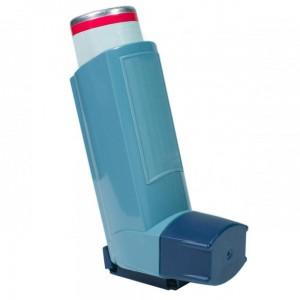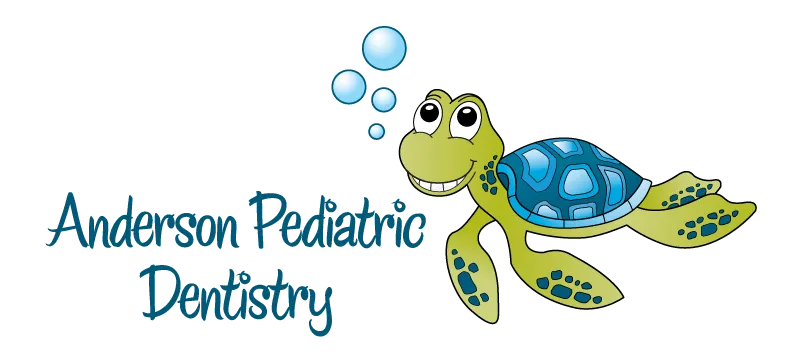Asthma, Inhalers and Cavities
posted: Nov. 29, 2018.

Did you know that one in 12 Americans suffers from asthma? That number seems alarming and a little difficult to believe, but the prevalence of asthma is increasing every year. Ironically, asthma and childhood caries (cavities) are the two most prevalent childhood diseases.
Most people diagnosed with asthma will begin using an inhaler, either as a rescue option or preventative treatment, or both. If you or your child uses an inhaler, you may have heard suggestions that inhalers cause cavities or that children with asthma have more dental problems.
The truth is that asthma and inhalers will not cause cavities. However, the two are often linked because, they may make your child’s mouth more susceptible to conditions that allow cavity-causing bacteria to thrive. The good news is that these concerns can be easily managed and your child will not have to choose between a beautiful smile or breathing freely.
1) Dry Mouth
Typically, those suffering from respiratory problems, such as asthma and allergies, suffer from restricted air flow, causing them to breathe through their mouth, rather than their nose. Mouth breathing has been linked with dry mouth and less saliva.
Saliva is key to washing away debris and fighting bacteria, so when your mouth is dry, it’s easier for plaque-causing bacteria to reproduce, increasing the chances of bad breath, tooth decay and gum disease. In addition, some medications in the inhalers can also have a drying effect on your mouth.
2) Mouth Sores
Regular use of the inhaler can sometimes lead to sores or ulcers on the back roof of the child’s mouth if the medications irritate the skin.
What You Can Do:
A little vigilance will go a long way. Follow these easy steps below to ensure that your child’s treatments aren’t damaging their teeth.
1) Rinse and Brush.
After using the inhaler, be sure that your child rinses his or her mouth with water. Brushing is even better.
2) Water, water, water.
Keep your child hydrated with water throughout the day to counteract the effects of a dry mouth.
3) Talk to your dentist.
Make sure to tell your child’s dentist about his or her asthma, medications and concerns. Your pediatric dentist can recommend strategies for maintain your child’s oral health.
4) Treat allergies.
Asthma and allergies often come together. Constantly having a stuffy nose will cause a child to breathe through their mouth, too, causing dry mouth. Proper treatment of allergies can alleviate the need to breathe through their mouth as often, enabling the child’s saliva to help fight off plaque-causing bacteria.
Remember, asthma isn’t a prescription, or excuse, for cavities. With a few simple preventative measures, your child can maintain his or her oral health and ensure a beautiful smile for life. If you have questions or concerns about your child’s teeth, or you are looking for a dental home for your child, Anderson Pediatric Dentistry would love to give you Something to Smile About! Call our office today at 864-760-1440.
https://www.cdc.gov/vitalsigns/asthma/index.html
